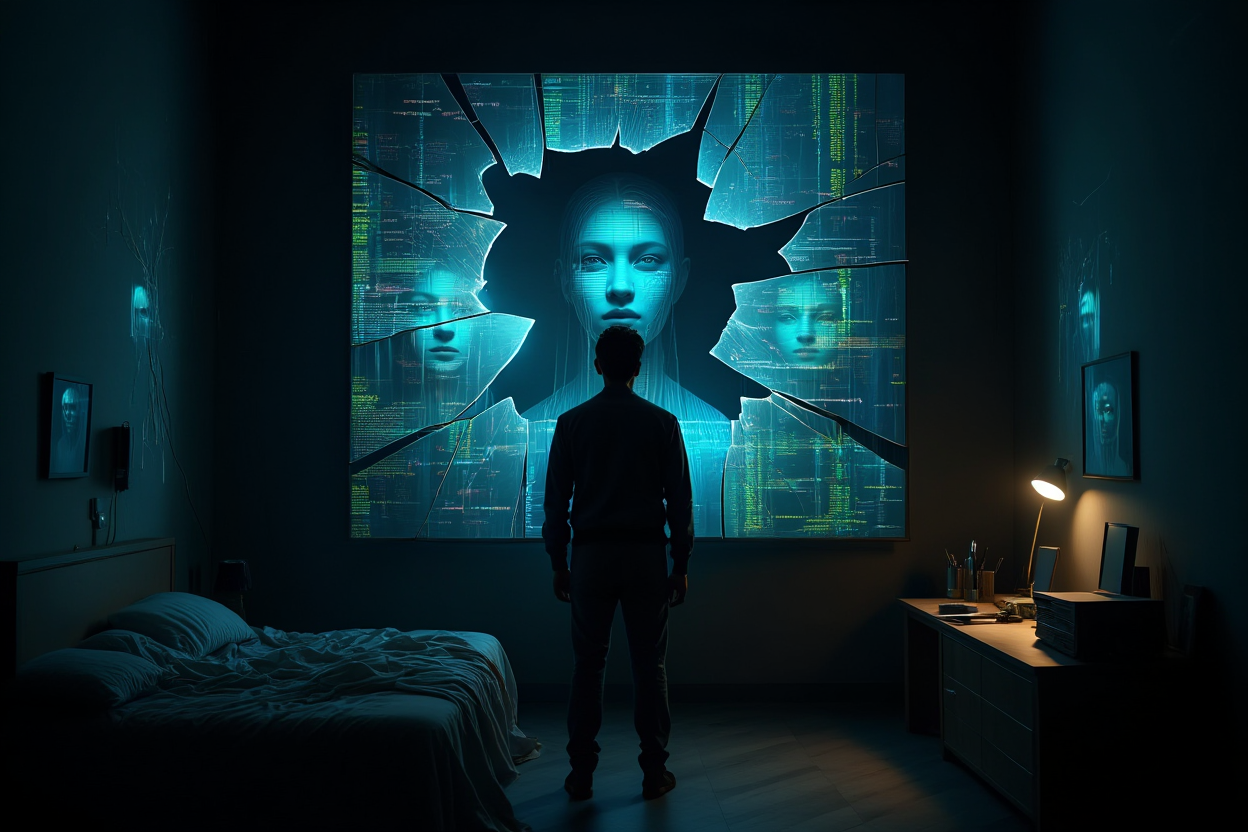GPS corrects you before you make a wrong turn. Spellcheck smooths out your sentences. Code assistants anticipate your intentions. Everything becomes easier, faster, more seamless. But in this drift toward absolute comfort, something invisible happens: we gradually stop thinking for ourselves.
The philosopher Bernard Stiegler had a word for this: the proletarianization of knowledge. Where once the factory worker lost their craft to the machine, we now lose our capacity to reflect, decide, create. First, factories dispossessed the hand. Then, cultural industries standardized our ways of life. Now, artificial intelligence is proletarianizing thought itself.
This process didn’t happen overnight. It unfolded in three waves:
– The hand: the artisan becomes proletarian, the gesture empties of its intelligence
– Life: the consumer absorbs symbols they no longer create
– Thought: the thinker delegates judgment to the machine
Today, with generative AI, we’re crossing a new threshold. Thinking becomes a paid service. Creativity, a premium option. And surveillance capitalism, already capturing our data and predicting our behaviors, is preparing to monetize even our ideas.
But nothing is inevitable. Stiegler preached neither the rejection of technology nor nostalgia for the past. He invited us to understand that technology is a pharmakon: both poison and remedy. Everything depends on how we inhabit it.
So what do we do? Take back control of our attention. Redirect tools toward contribution rather than consumption. Make technology an extension of human intelligence, not its substitute. The choice doesn’t belong to machines. It depends on the care we bring to our own thinking.
It’s Prometheus’s fire: no longer the stolen flame, but the preserved light.




